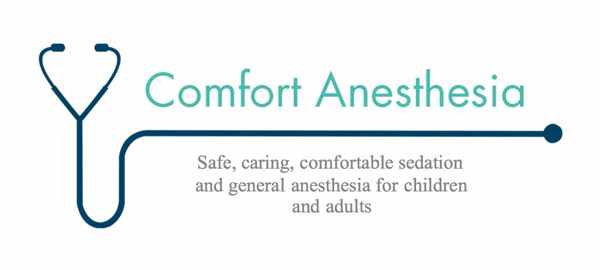FAQ
Why do I need to have not eaten or had anything to drink prior to having anesthesia?
If there is food or liquid in the stomach, there is a risk of aspirating, or inhaling food or liquid into the lungs during anesthesia which can cause serious problems including lung problems and even death. The risk of aspiration iis minimized by allowing the stomach enough time to empty out its contents.
How will I feel after receiving anesthesia?
You may feel slightly groggy or tired for a few hours after your procedure. Although you may feel fine, your memory and judgement may be impaired for the remainder of the day. All effects of anesthesia should be gone within 24 hours. Depending on the type of surgery you have completed, you will have varying amounts of discomfort associated with the procedure.
Should I take my medications before coming for my procedure?
Each patient and their medical history is unique and we will instruct you to either take or withold all or some of your medications. Know that it is okay to take your medications with a small sip of water in the morning if instructed to do so by the anesthesiologist.
What are the common side effects of anesthesia?
Side effects vary from person to person, the most common side effects include nausea and vomitting, sore throat, and physical and mental impairment. These effects are generally mild and short lived.
Will my insurance cover anesthesia services?
Some medical and dental insurances will cover total or partial payment for anesthesia services. We will bill your insurance as a courtesy, however, you will be required to cover payment the day or service. If you would like to inquire about preauthorization, feel free to contact us.
Will I have anything in my throat for the procedure?
There are several different ways to perform general anesthesia. Upon the discretion of the anesthesiologists, you may or may not have an endotracheal (inside the windpipe) tube, an LMA (laryngeal mask airway, which is a mask placed in the throat), or a protective throat screen. This depends on individual patients, medical histories, and the type of procedure to be performed.
Links to:
ASDA (american society of dental anesthesiologists)
ADBA (american dental board of anesthesiology)
IFDAS (international federation of dental anesthesiology societies)
